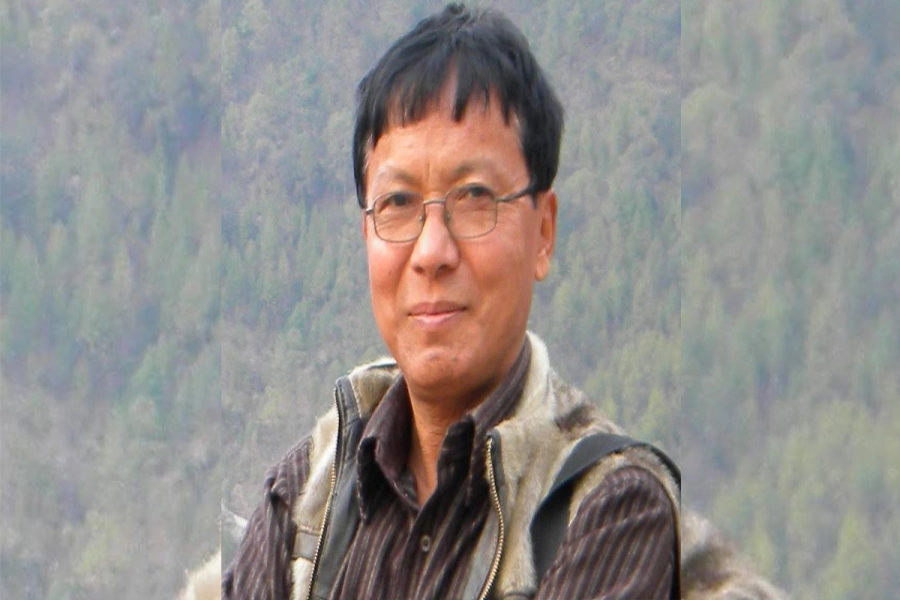The Dhanusha District Court’s verdict announced last Wednesday in the case of Om Prakash Mahato, an environment conservation activist who was brutally murdered in the district on 10 January 2020, has highlighted the risks and challenges faced by environmental activists in Nepal. The district court has found three individuals guilty of intentionally killing Mahato, but the sentencing will not be decided until February 24. Four other defendants in the case were acquitted.
The murder of Mahato was allegedly carried out by the crusher industry operators of his own village as they saw him as a threat to their business interests. Environmental activists in Nepal often face harassment, violence, and other forms of intimidation for their work to protect the environment and promote sustainability. This verdict is a welcome development, as it sends a message that those who commit violence against environmental activists will be held accountable for their actions. However, the challenges faced by activists in this field are complex and multifaceted.
Environmental activists in Nepal must navigate a complex political landscape, which can make it difficult to advance their cause. Furthermore, the fact that four defendants in the case were acquitted is a reminder that justice in cases like these is often elusive. Environmental activists in Nepal and around the world are watching this case closely, and they will be looking to see whether the sentencing on February 24 reflects the severity of the crime.
Environment protection important agenda of the government: PM D...

The murder of Mahato is a shocking reminder of the risks that environmental activists face in many parts of the world. According to Global Witness, around 200 environmental activists were murdered worldwide in 2021, with the actual number likely to be much higher. These activists are often targeted by powerful interests such as governments, corporations, and criminal networks who see them as a threat to their profits.
This murder case has highlighted the need for greater protection of environmental defenders. The government has a duty to ensure that people like Mahato can carry out their work without fear of violence or persecution. It is not enough to pay lip service to the importance of environmental protection and conservation; the government must also take concrete steps to protect those who are on the frontlines of this fight.
One of the most important steps that the government can take is to investigate and prosecute those responsible for Mahato's murder. The authorities must conduct a thorough and impartial investigation, and ensure that all those responsible are brought to justice. The message must be clear: there can be no impunity for those who attack and kill environmental defenders.
In addition to bringing the perpetrators to justice, the government must also take steps to prevent future attacks on environmental defenders. This means providing them with adequate protection, both physical and legal. Environmental defenders should not have to risk their lives to protect the natural resources that benefit us all. They should be able to carry out their work without fear of violence or harassment.
One way to provide this protection is to adopt a national law that specifically recognizes and protects environmental defenders. Such a law would create legal mechanisms for the protection of environmental defenders and would send a strong message to those who would seek to harm them. It would also provide a framework for holding governments accountable for failing to protect environmental defenders.
In addition to legal protection, the government should also provide practical support to environmental defenders. This could include training and education on security measures, as well as financial support for their work. Environmental defenders often operate in remote areas with limited resources, and the government should ensure that they have the support they need to carry out their work effectively.
It is important to recognize and honor the contributions of environmental defenders. These individuals are often working in difficult and dangerous conditions, and they deserve our respect and admiration. The government, civil society organizations, and the private sector should work together to ensure that environmental defenders are recognized and celebrated for their vital work.








































